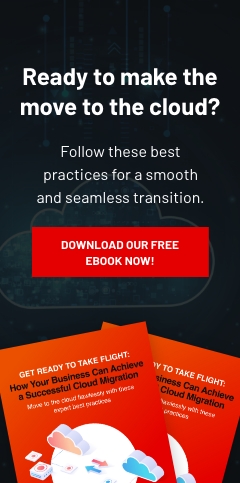When Windows 11 was launched in October 2021, it came with somewhat restrictive and controversial upgrade requirements. So even though many users were excited about the new features and improvements in Microsoft's latest operating system (OS), not everyone could take advantage of them.
What are Windows 11's minimum system requirements?
Upgrading to Windows 11 is free if your PC is running Windows 10, but it needs to meet certain hardware and software requirements before you can install the new OS. The minimum requirements are as follows.
- Processor: 1 GHz or faster dual-core 64-bit Intel, AMD, or Qualcomm processor
- RAM: 4 GB
- Storage: 64 GB
- System firmware: UEFI, Secure Boot enabled
- TPM: Trusted Platform Module (TPM) version 2.0
- GPU: DirectX 12-compatible, with a WDDM 2.0 driver
- Display: 720p, 9-inch screen
- Network: Internet connection and Microsoft account
Some of these requirements, like the processor, RAM, and storage, are pretty standard for modern PCs. But other requirements, such as TPM 2.0, might trip up some older machines, even if they can run Windows 10 perfectly.
Additionally, Windows 11 requires a Microsoft account, which wasn't necessary for previous versions of Windows. So if you're currently using a local account on your PC, you'll need to switch to a Microsoft account before you can upgrade.
What should you do if your PC doesn't meet the minimum requirements?
If your business PCs don't meet Windows 11's minimum system requirements, here are a few alternatives you can consider.
Stay on your current Windows version
This is the safest option, especially if your business is reliant on specific software that might not work with Windows 11. You can continue to use your PC as normal and wait for Microsoft to release an update that will make Windows 11 compatible with your machine.
Fortunately, Microsoft will continue to support Windows 10 until October 2025. This means your Windows 10 computer will still receive security updates and other important software patches even if you don't upgrade to Windows 11 for the next three years. If your machine is running Windows 8.1, however, you'll need to upgrade to Windows 10 by January 2023 to continue receiving support from Microsoft.
Still, this gives you time to find a workaround for any software incompatibilities or save up for a new PC that can handle Windows 11.
Upgrade your PC
If your current machine is getting a bit long in the tooth, you can always upgrade specific components to make it compatible with Windows 11. This might be a more affordable option than buying a new PC, but take note that upgrading an older PC might not be worth the investment if it's already close to the end of its life span.
Additionally, since TPM is required for Windows 11, you might need to buy a new motherboard that supports the technology, which could be costly and may not be an option for devices with fixed hardware components.
If you can't upgrade your PC, you can just purchase a new one that comes with Windows 11 pre-installed. This is the simplest way to get up and running with Microsoft's latest OS, but it will obviously come at a cost.
Install Windows 11 anyway
Microsoft doesn't recommend this option, but it is possible to install Windows 11 on a PC that doesn't meet the minimum requirements. However, doing so could lead to instability and performance issues. If you do decide to go this route, make sure to create a backup of your important files first in case something goes wrong during the installation process.
Here are the instructions that Microsoft has provided for customers who want to install Windows 11 on an incompatible machine. But again, this isn't recommended unless you're comfortable taking risks with your business computer.
Related reading: 3 Things to do before upgrading to a new operating system
As always, it's crucial to weigh the pros and cons of each option before making a decision. What's best for your business will ultimately depend on your specific needs and budget. But by taking the time to consider your options, you can make sure you're making the best choice for your company.
Feel free to reach out to our experts at Complete Document Solutions if you need help upgrading your business PC to Windows 11 or have any other IT-related concern.



Leave a comment!